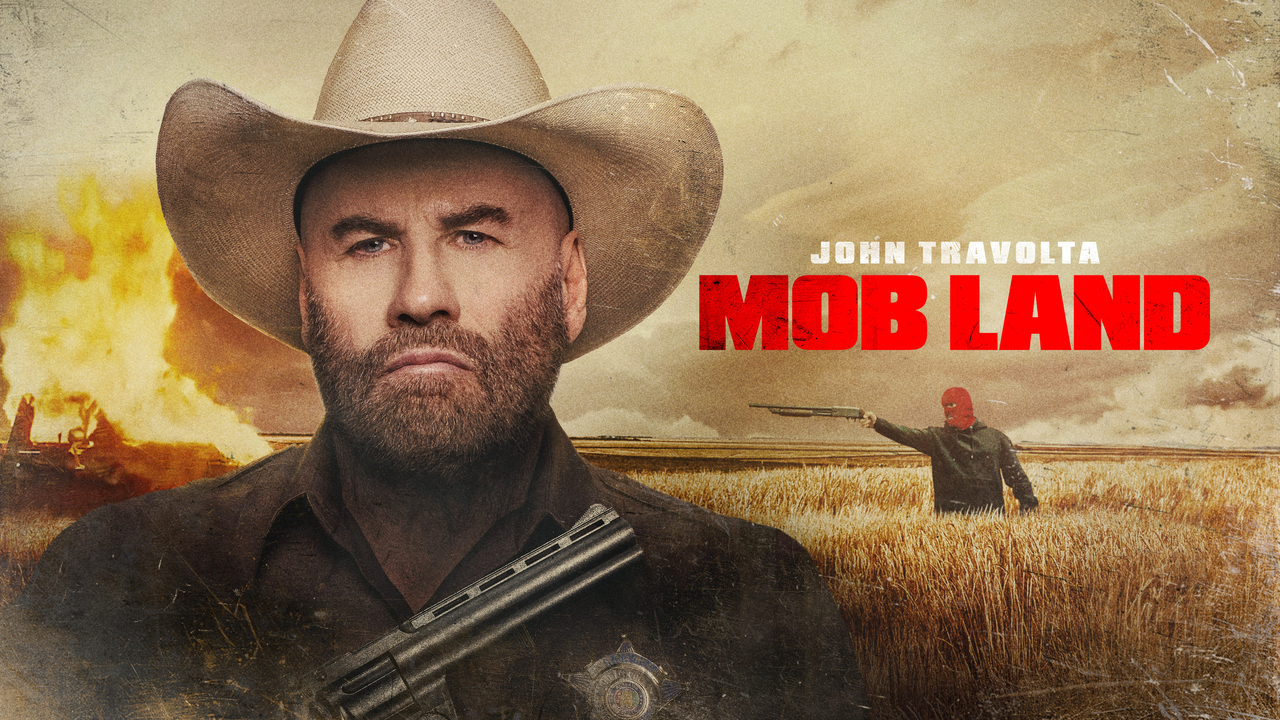Detailed Article on the Film The Cure (1995)
The Cure (1995) is a touching coming-of-age drama directed by Peter Horton and written by Robert Kuhn. Known for its heartfelt depiction of friendship, illness, and societal prejudice, the film stars Brad Renfro and Joseph Mazzello in deeply affecting performances that have helped the film earn a cult following over the years. Although modest in its initial box office impact, The Cure remains notable for its emotional depth and powerful message about compassion and humanity.
Set in a small Minnesota town, the film centers around two young boys who forge an unlikely friendship during a summer that changes both of their lives. Erik (Brad Renfro) is a lonely, troubled boy dealing with a distant, emotionally cold single mother. Living next door is Dexter (Joseph Mazzello), a sweet-natured boy suffering from AIDS, contracted through a blood transfusion. Initially wary of Dexter, Erik gradually befriends him, offering protection from bullies and companionship in a world that treats Dexter like an outcast.

What follows is a story that balances humor, adventure, and heartbreak. The boys share comic books, sneak candy, and play tricks like any ordinary kids. However, as Dexter’s condition worsens, their innocent fun is weighed down by the harsh realities of illness, discrimination, and mortality. When Erik hears about a rumored cure for AIDS in New Orleans, the two boys embark on a river journey down the Mississippi in search of hope—a kind of modern-day Huckleberry Finn voyage filled with dreams, danger, and discovery.
Brad Renfro, in one of his earliest roles, delivers a standout performance as the rough-edged but fiercely loyal Erik. His character arc—from guarded and angry to deeply caring—adds emotional richness to the film. Joseph Mazzello, already known for his role in Jurassic Park, portrays Dexter with remarkable sensitivity, capturing both the physical fragility of his illness and the emotional strength that defines his character. Together, their chemistry brings to life a genuine, heartwarming bond that forms the emotional core of the film.

The direction by Peter Horton avoids sentimentality, treating the subject matter with sincerity and restraint. The film does not sugarcoat the stigma and cruelty faced by those with AIDS in the 1980s and 90s, particularly children. Scenes of bigotry and ignorance are unflinching but balanced by moments of joy, laughter, and resilience. The cinematography captures both the idyllic beauty of the boys' adventure and the somber reality of Dexter’s condition.
Critically, The Cure received praise for its performances and emotional sincerity, though some reviewers felt the plot veered too closely to melodrama in parts. Despite its limited commercial success, the film has endured as a heartfelt portrayal of friendship and acceptance in the face of fear and ignorance.

In conclusion, The Cure is a poignant and powerful film that speaks to the transformative power of friendship and empathy. Through its honest depiction of illness, prejudice, and the unwavering bond between two boys, it offers a timeless message about humanity, courage, and the need for compassion—especially when facing life’s harshest truths.



-1751942827-q80.webp)